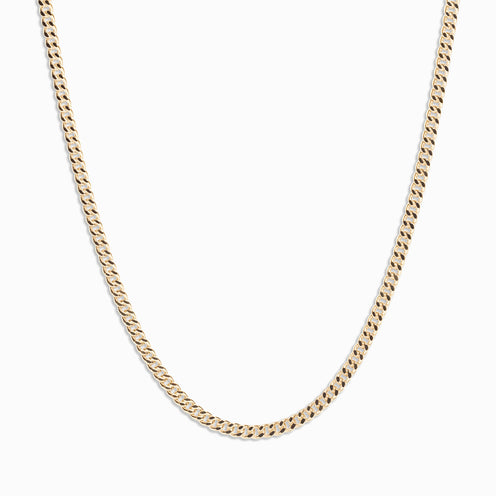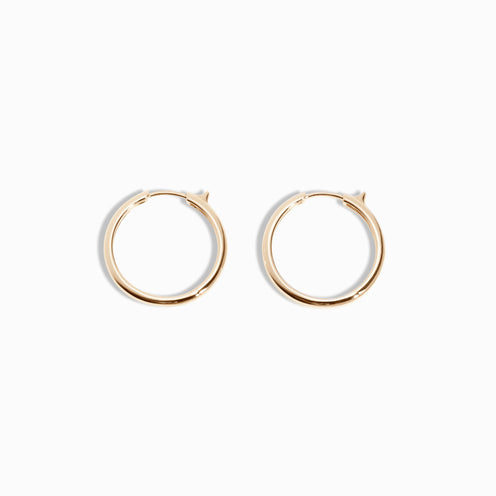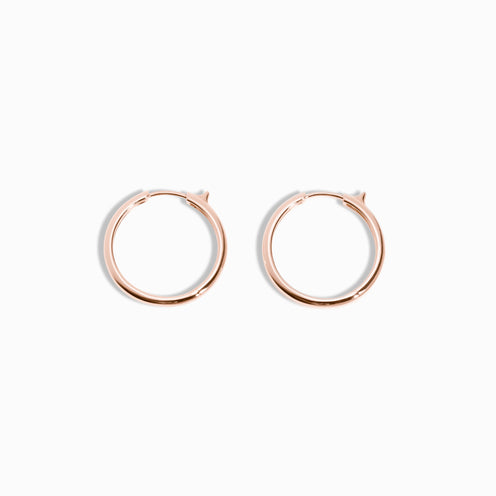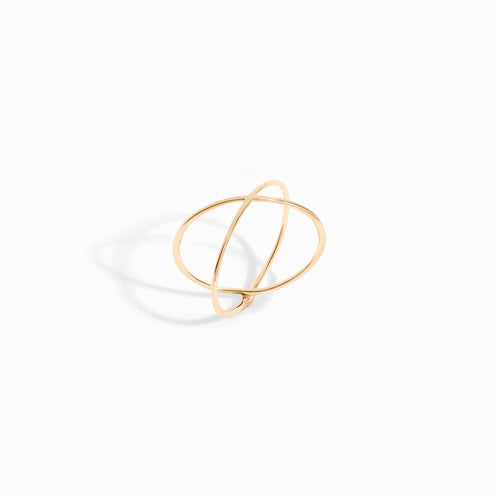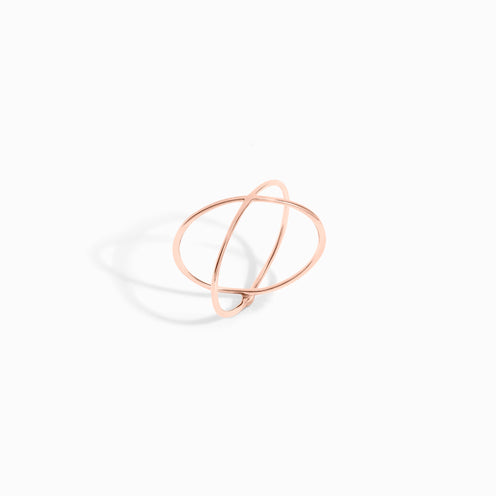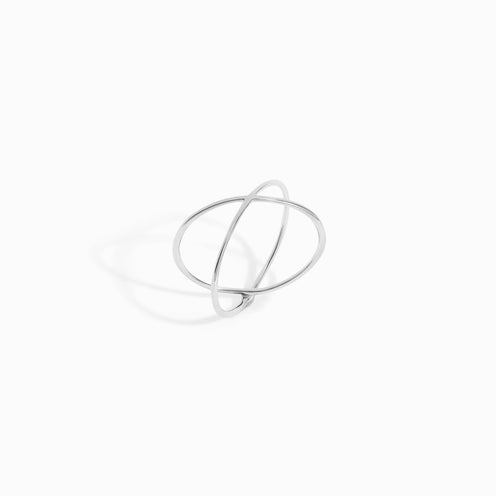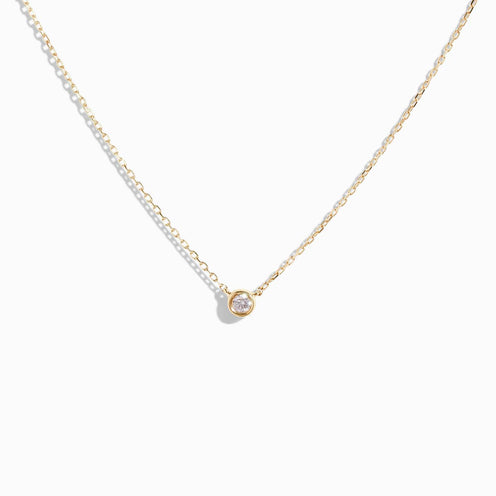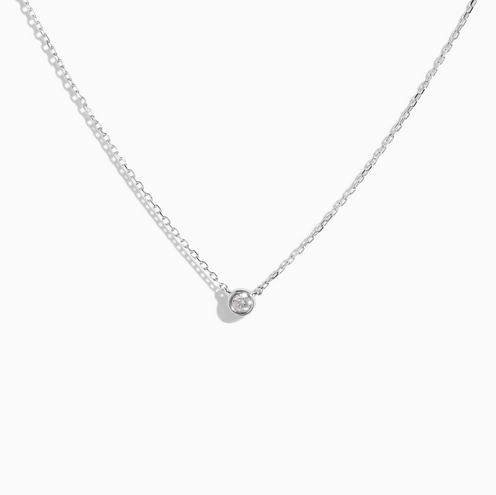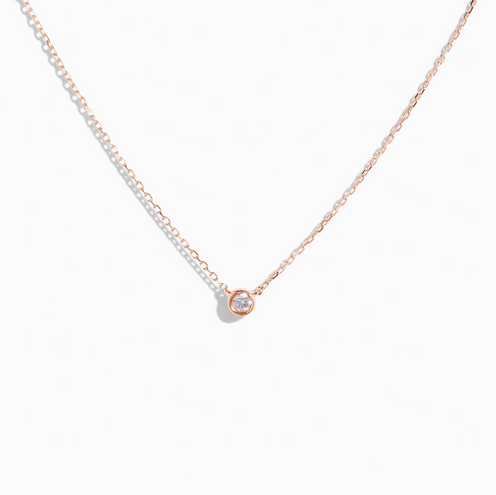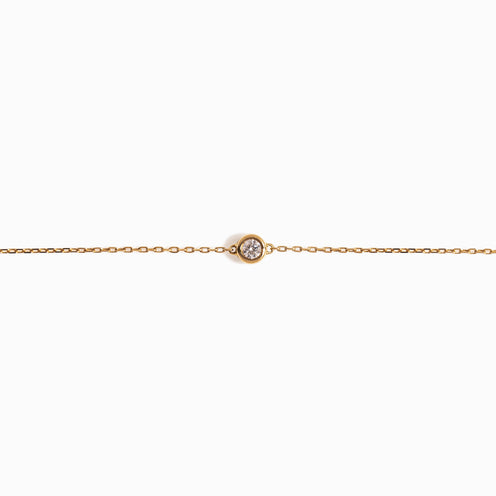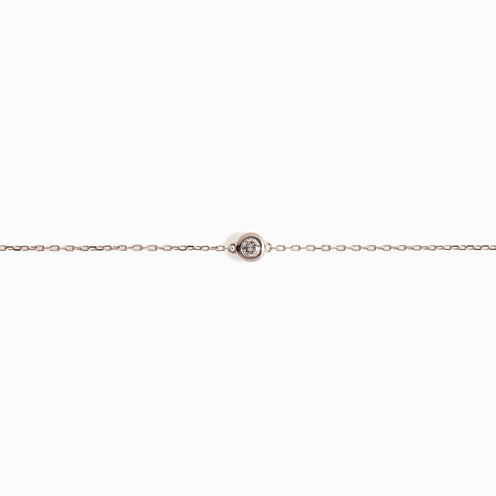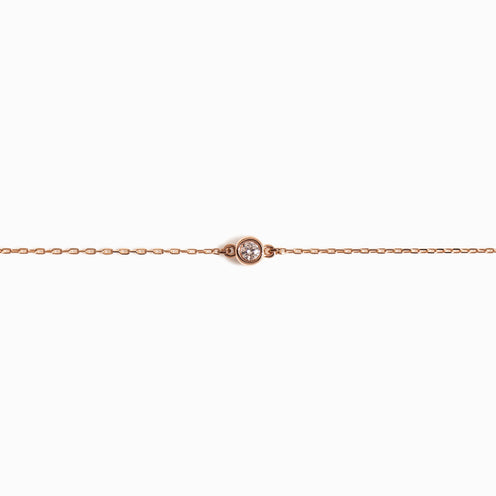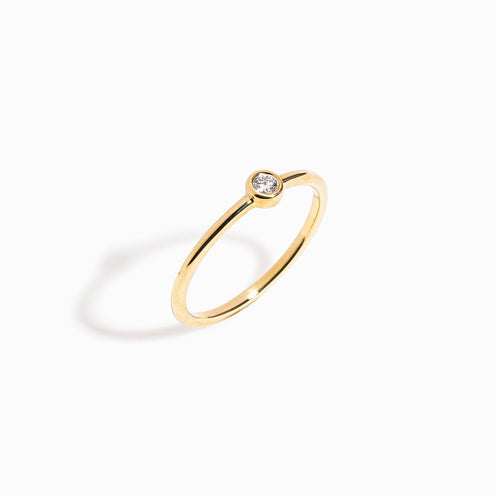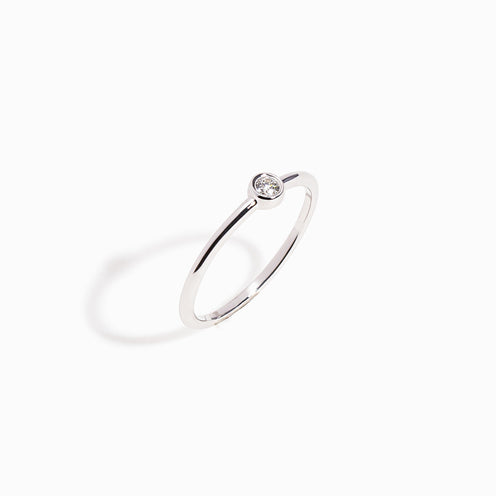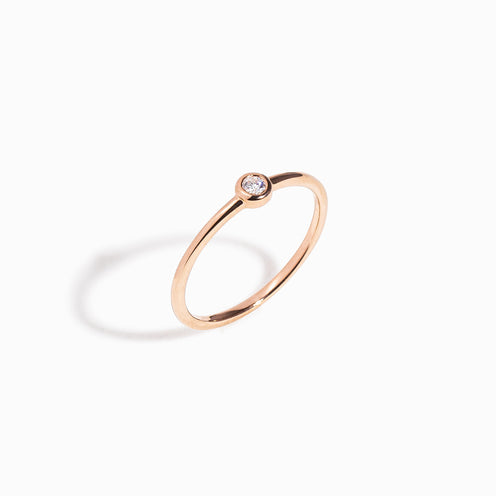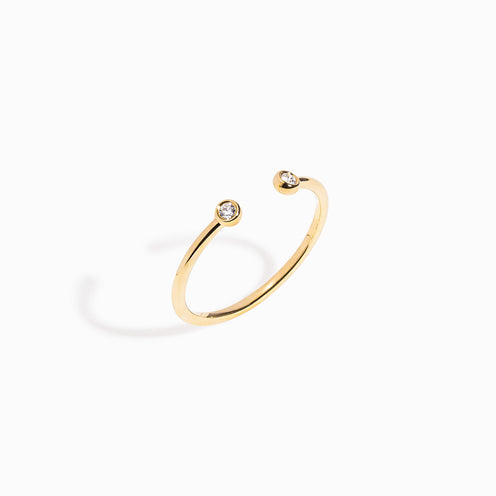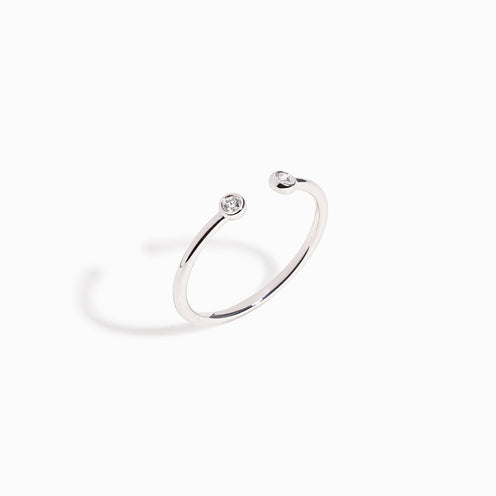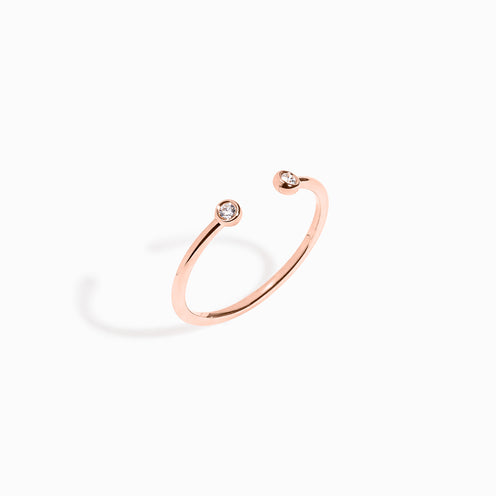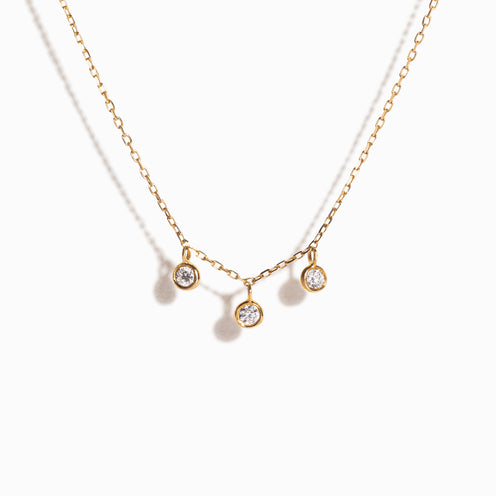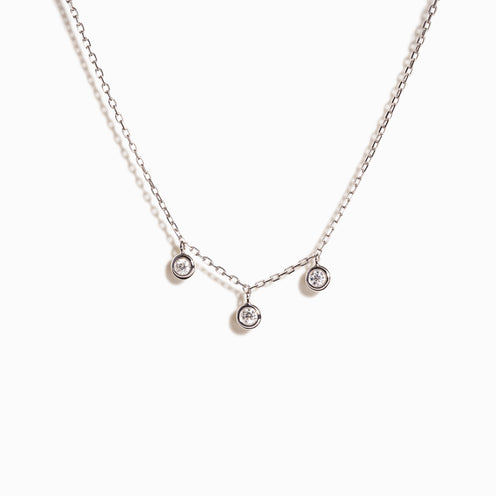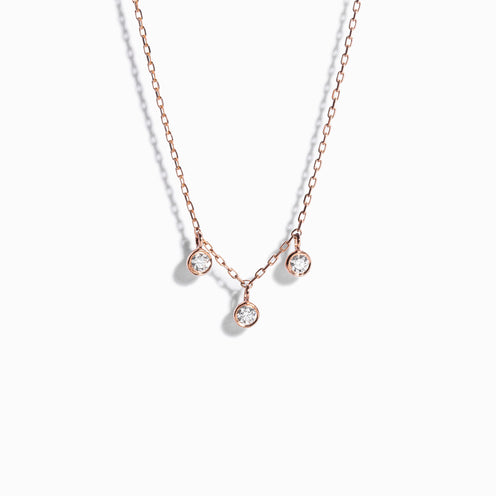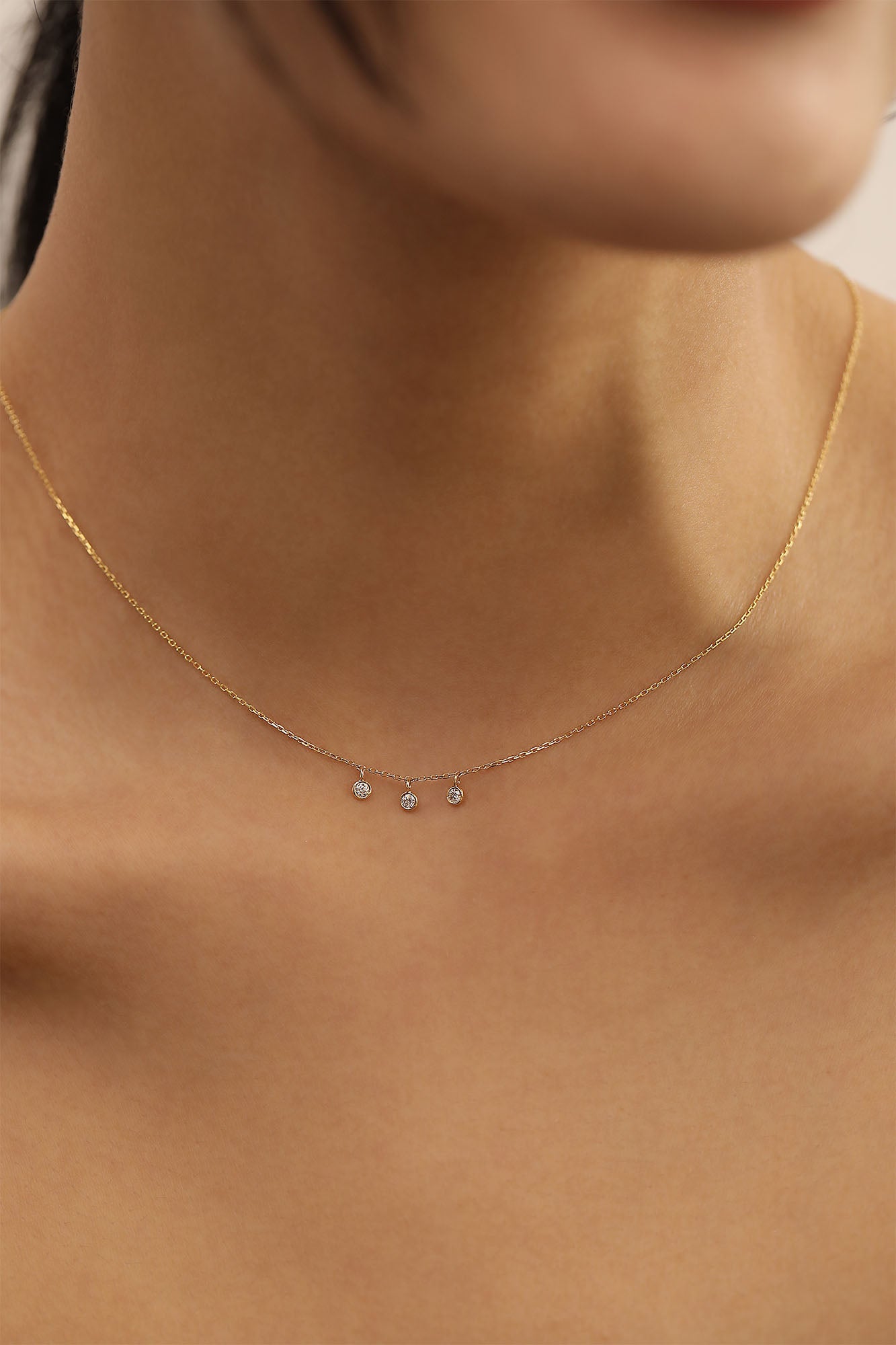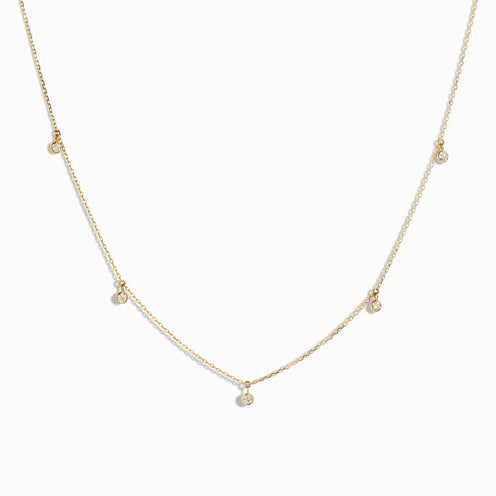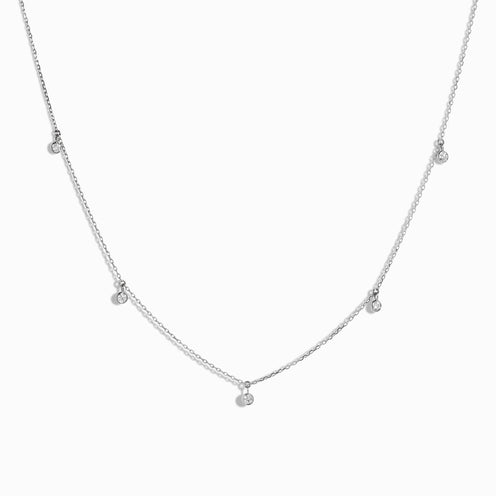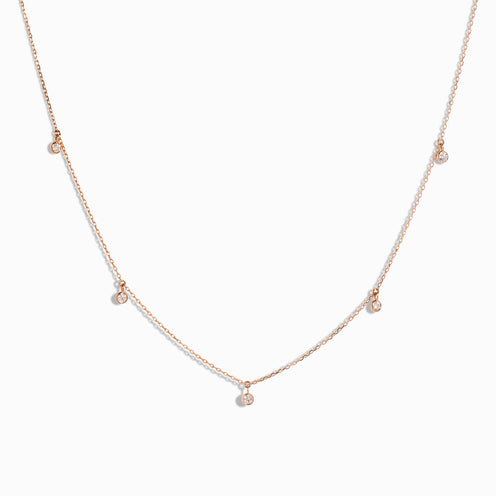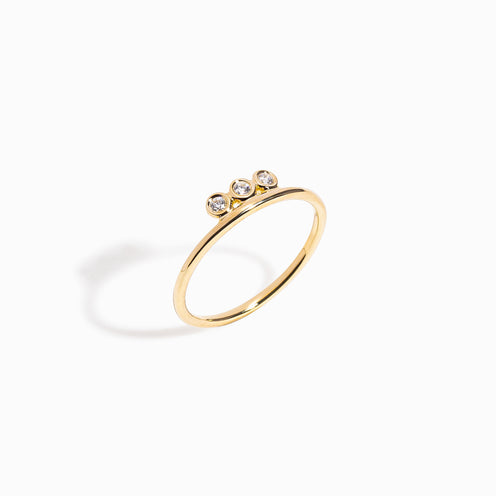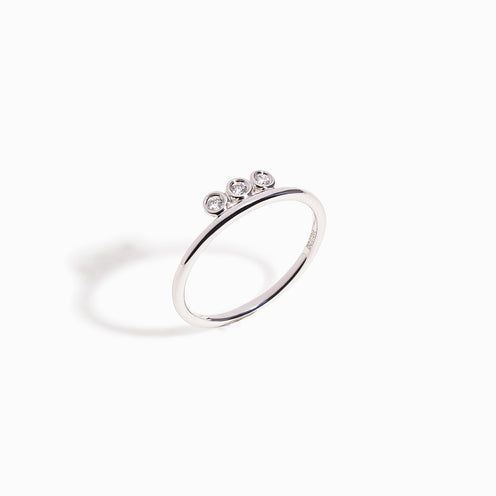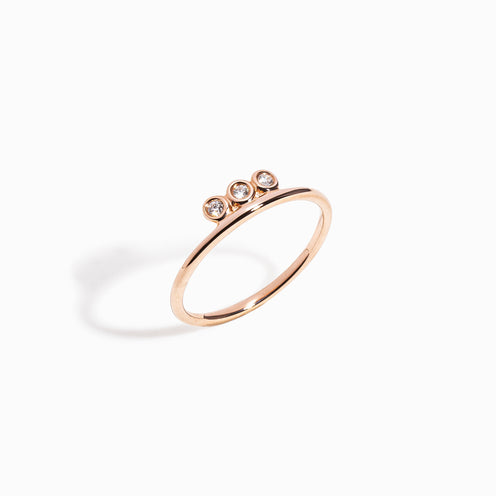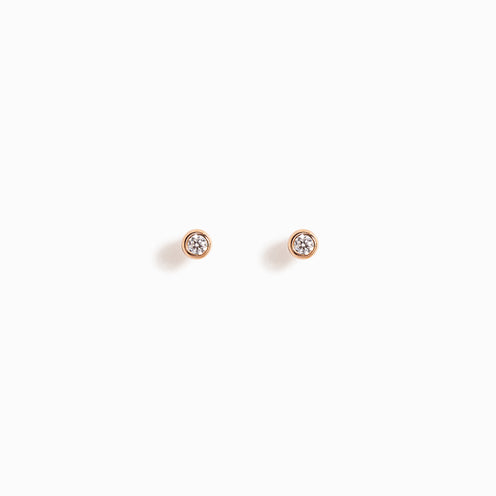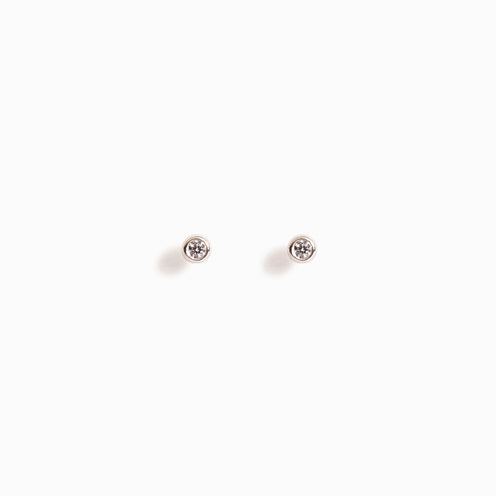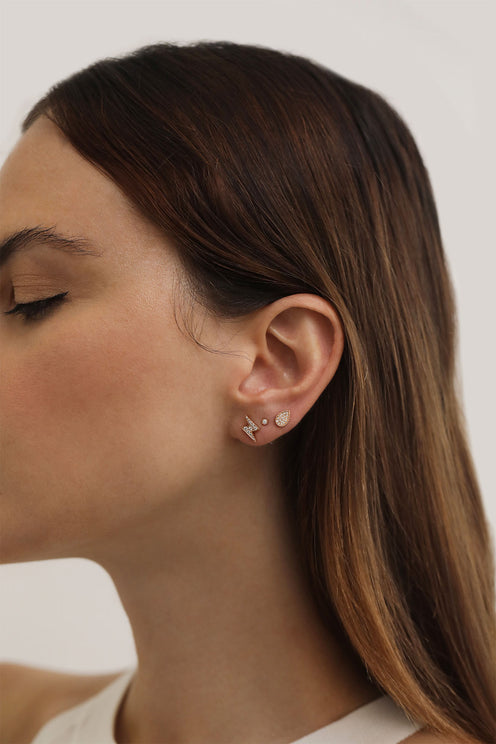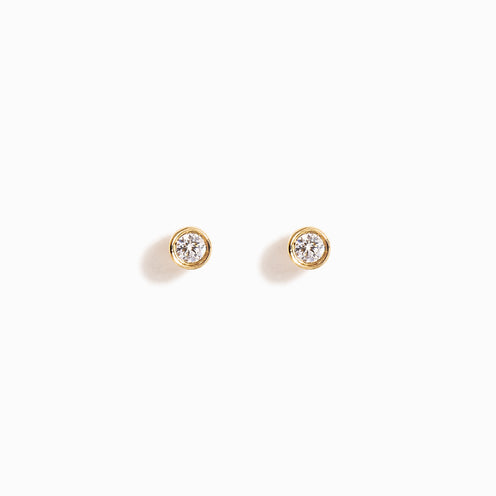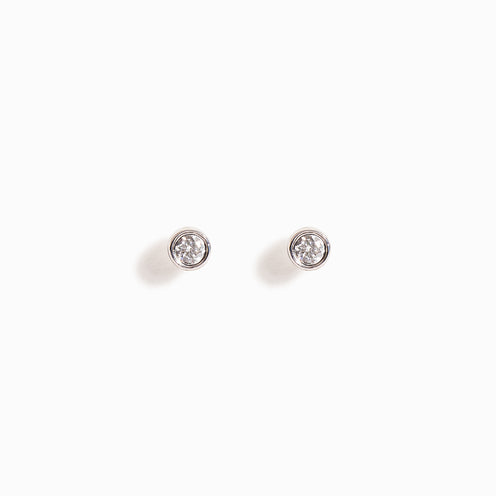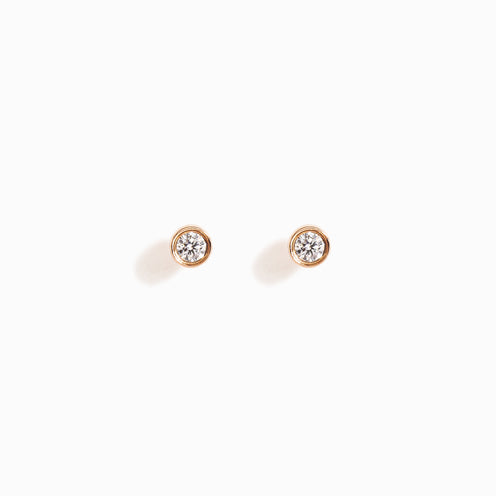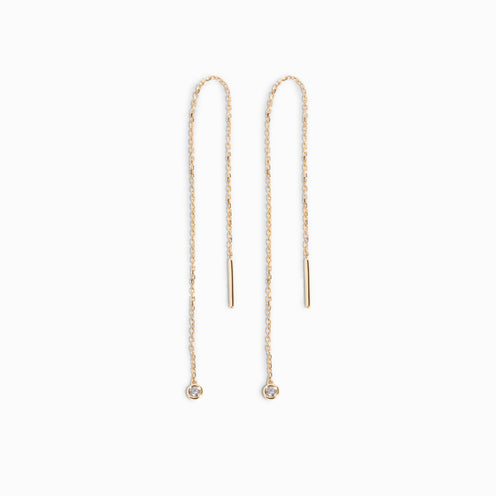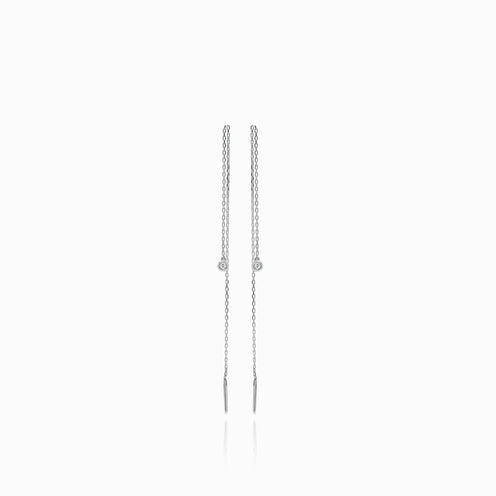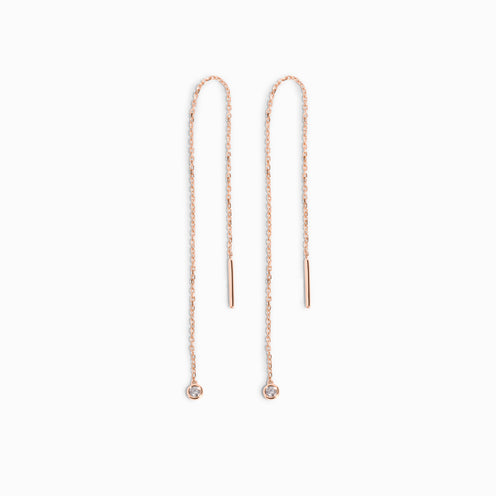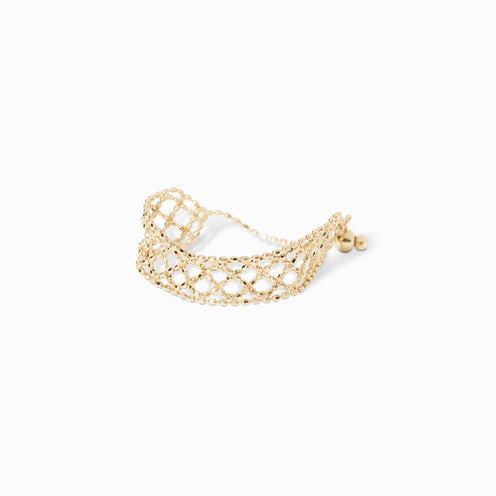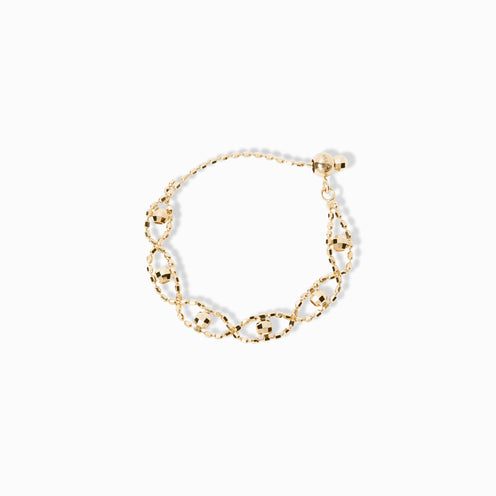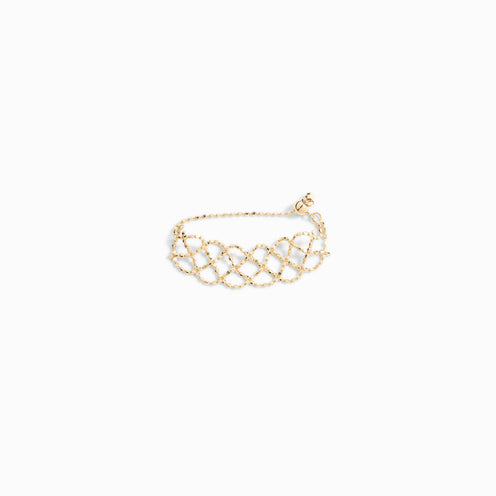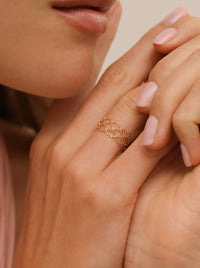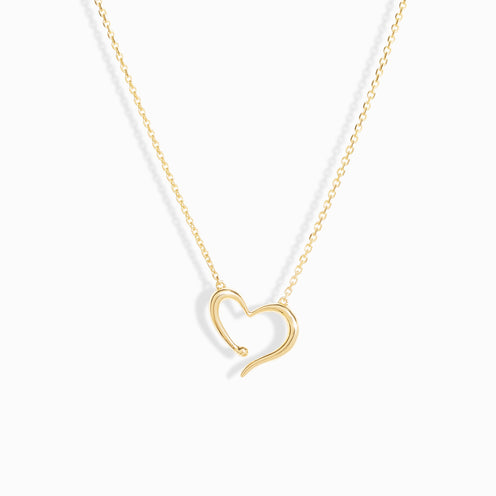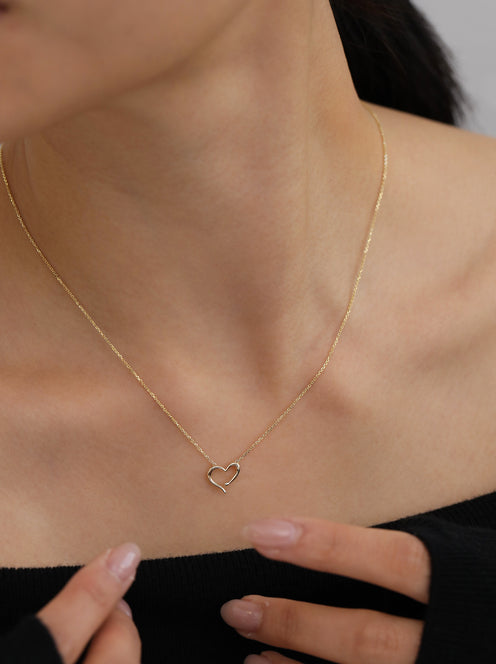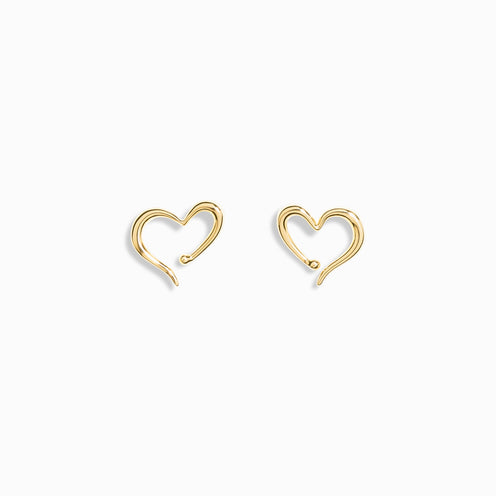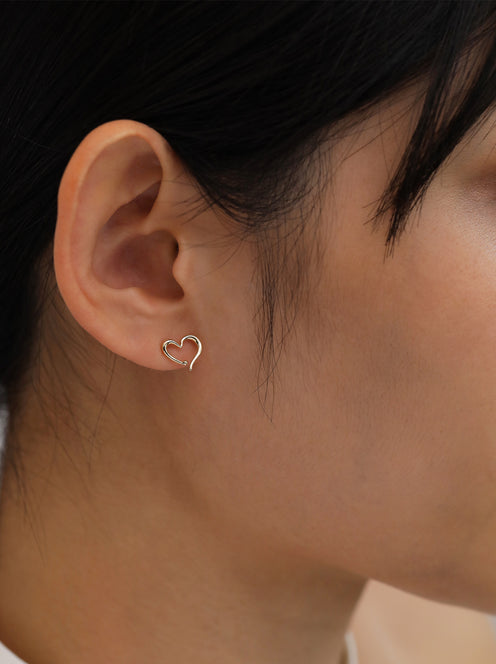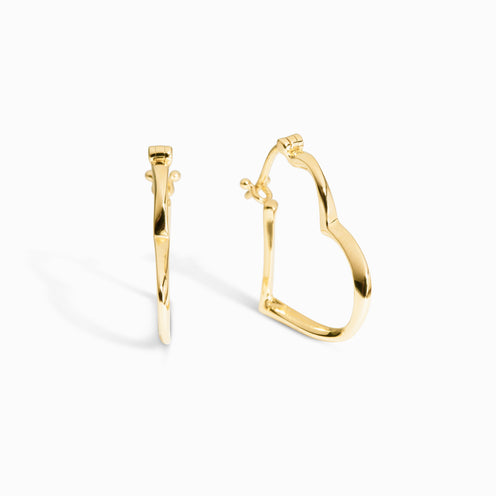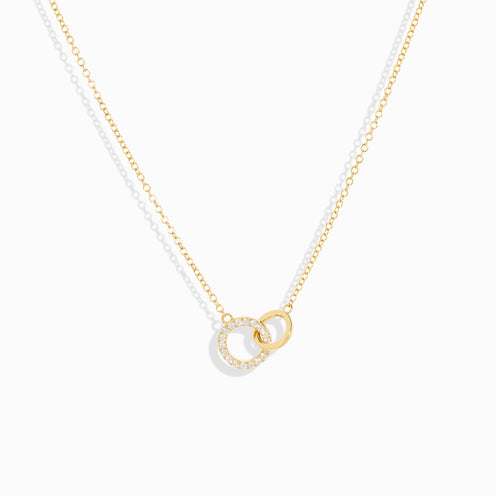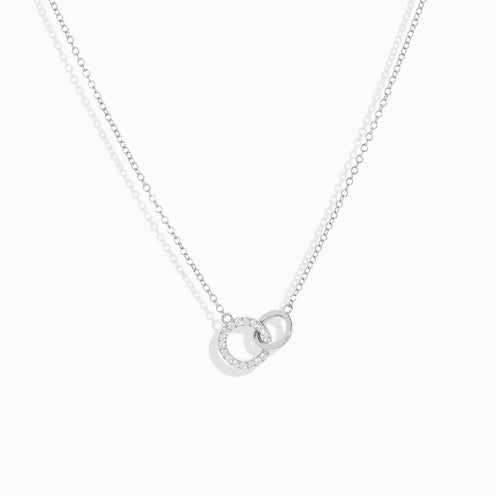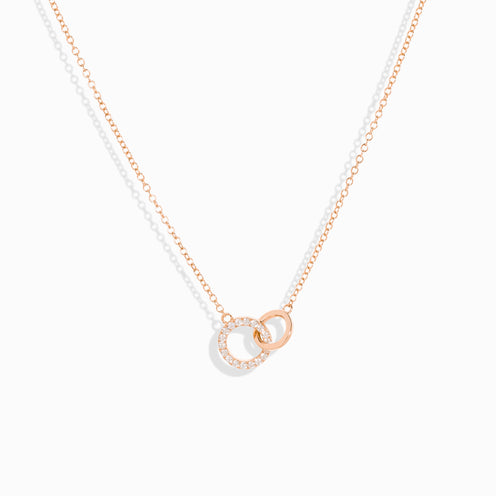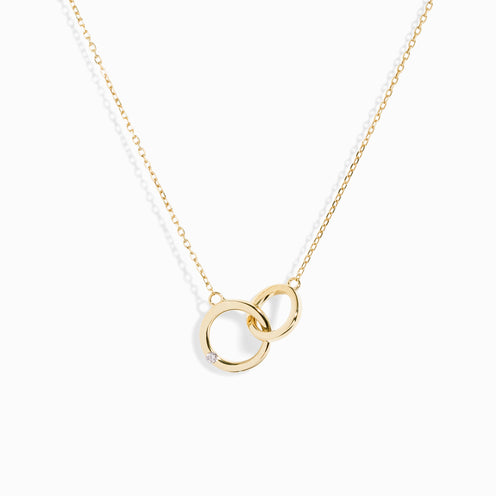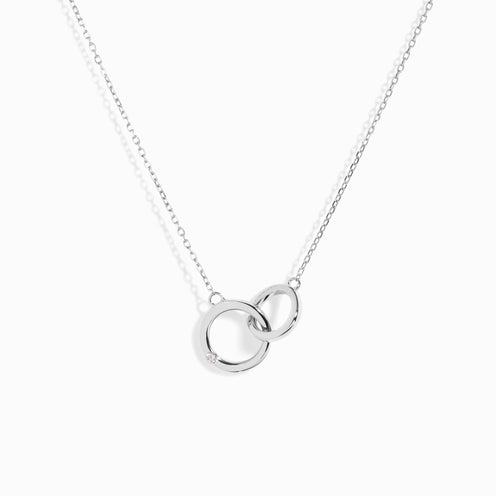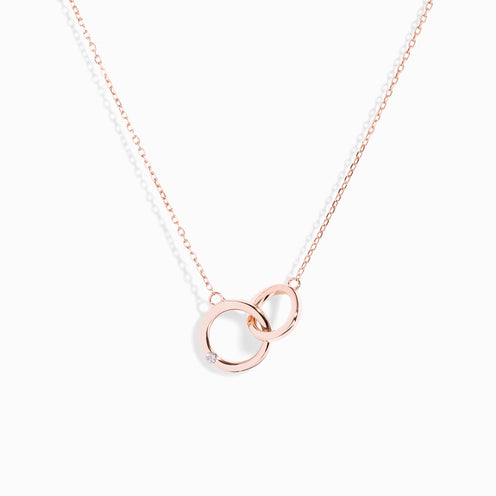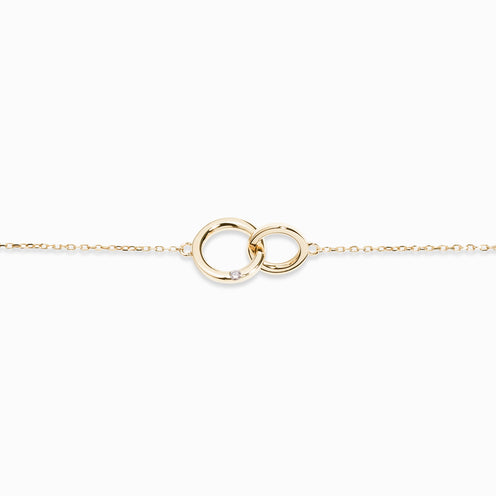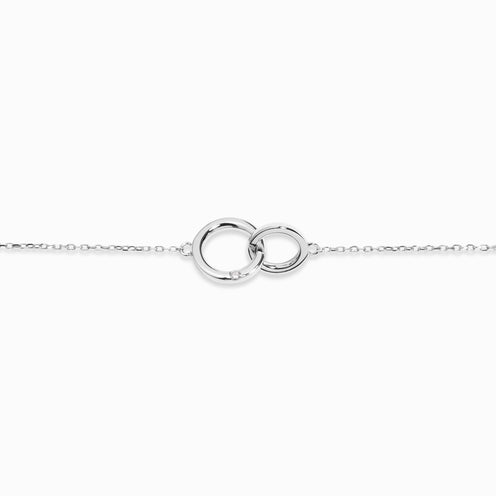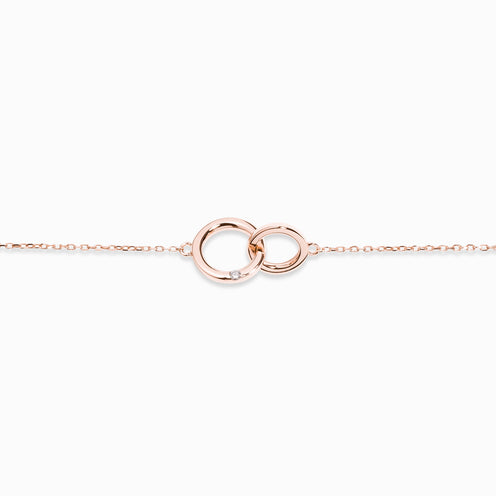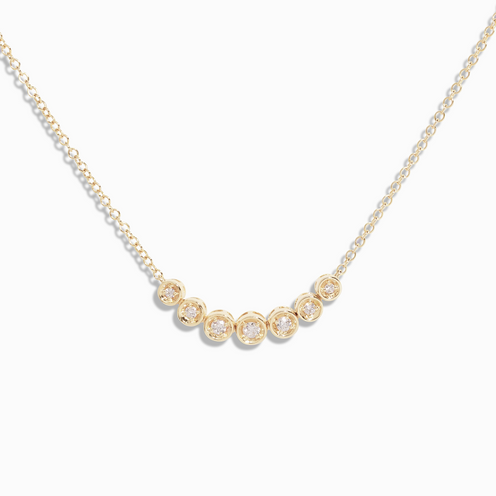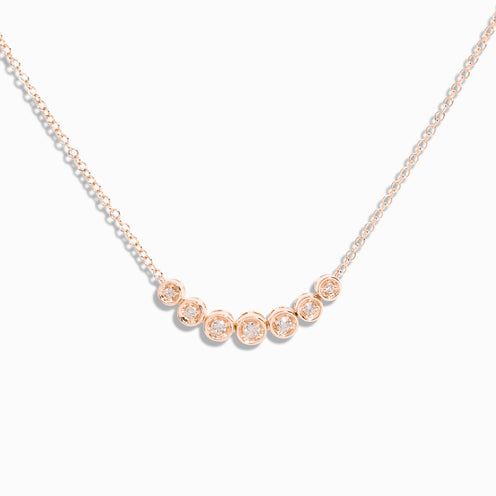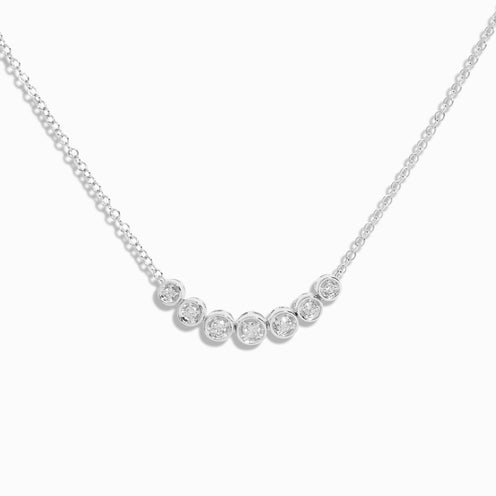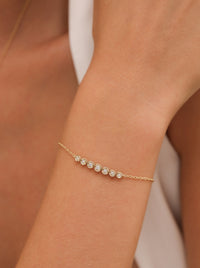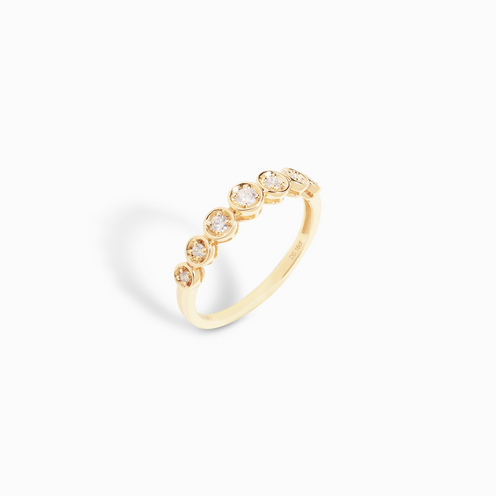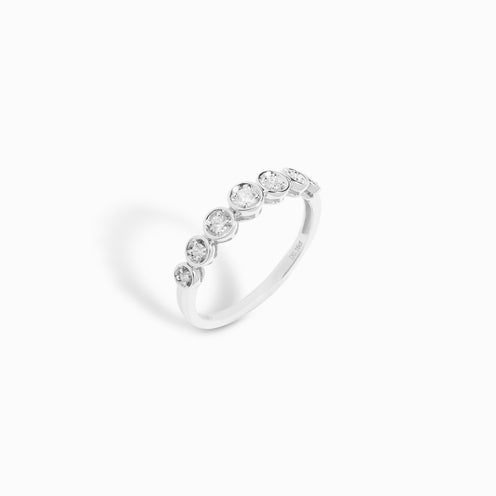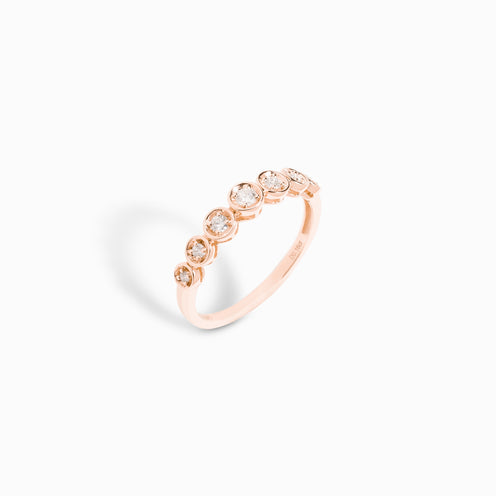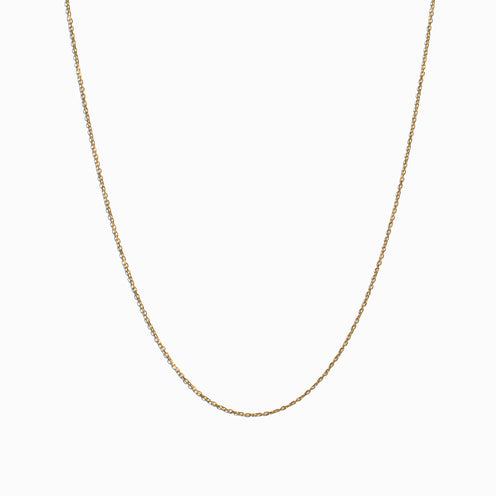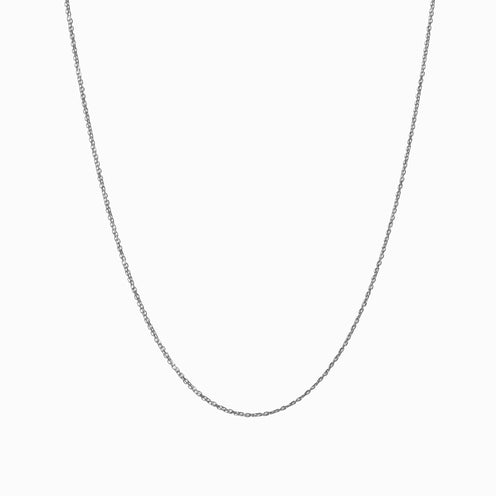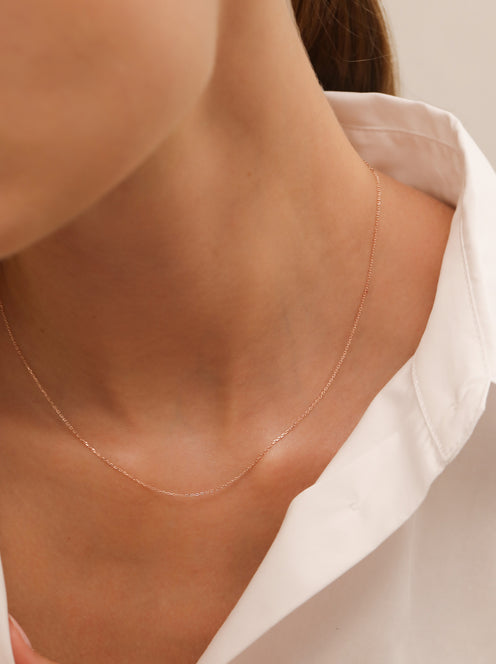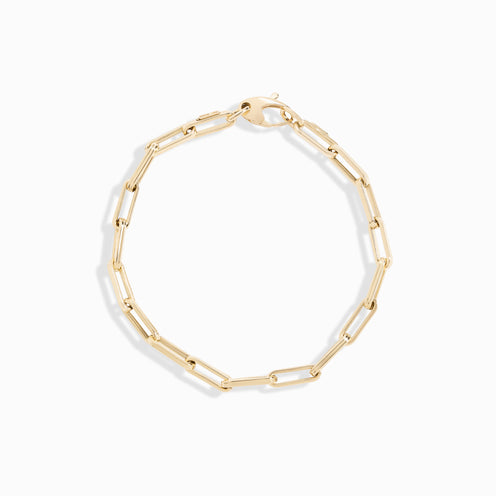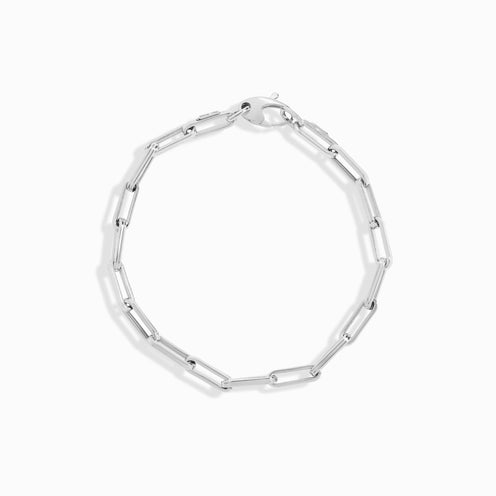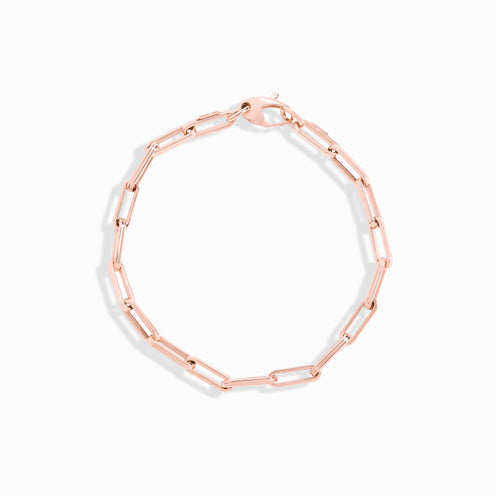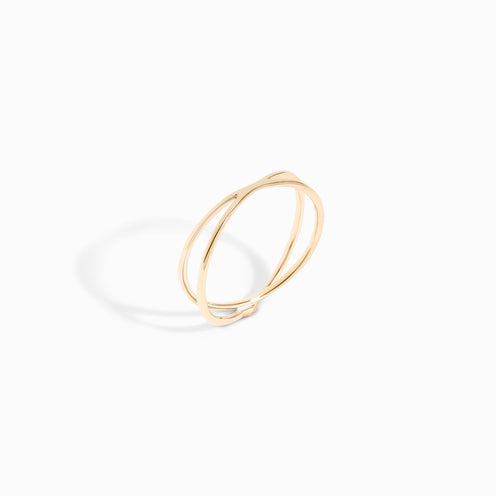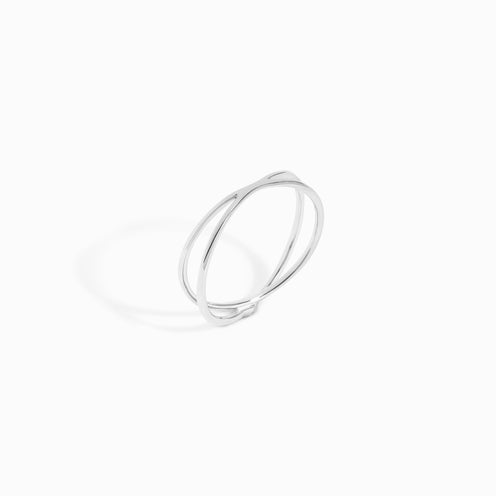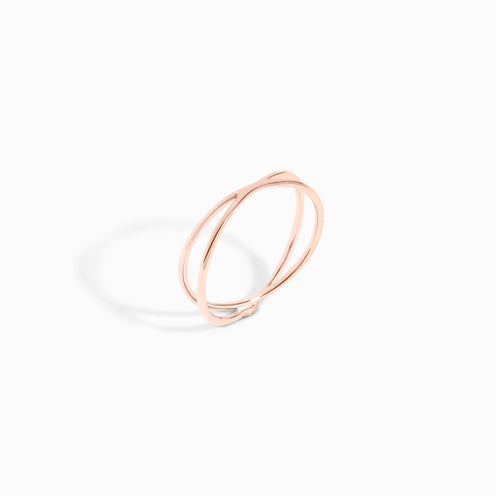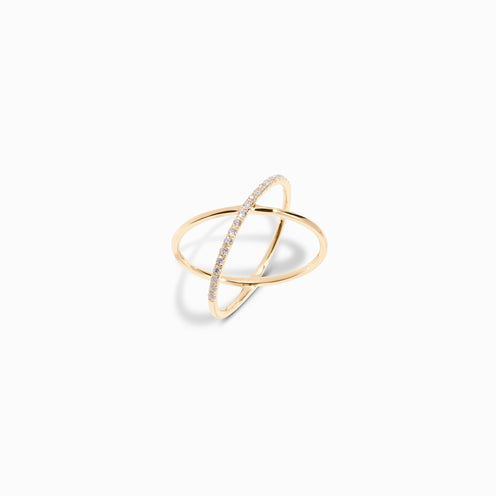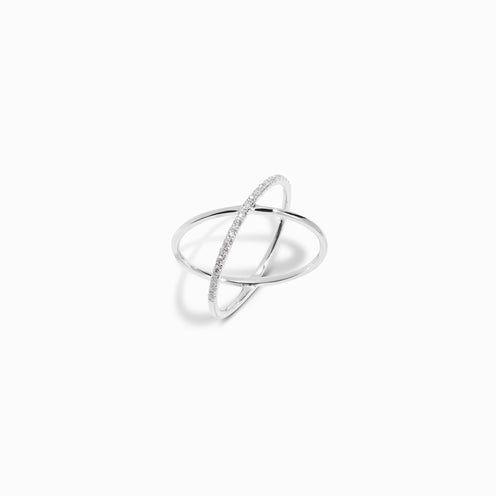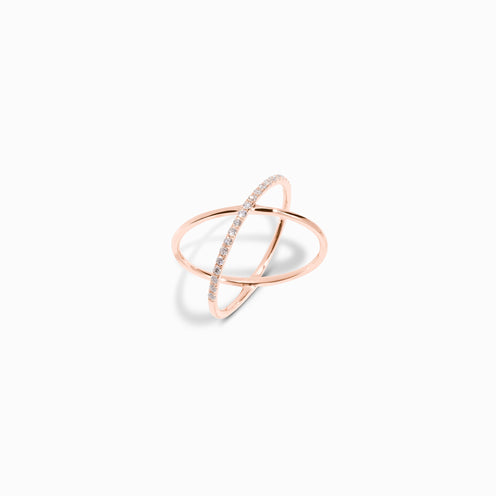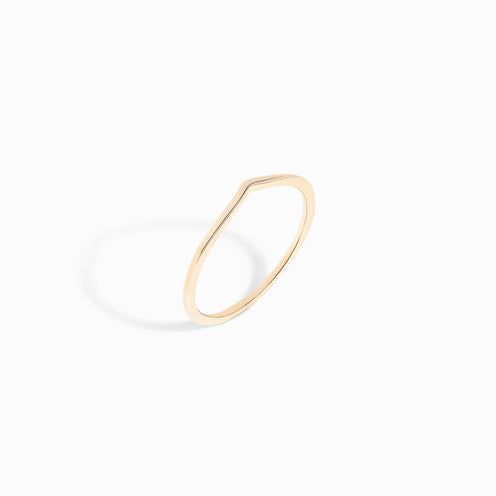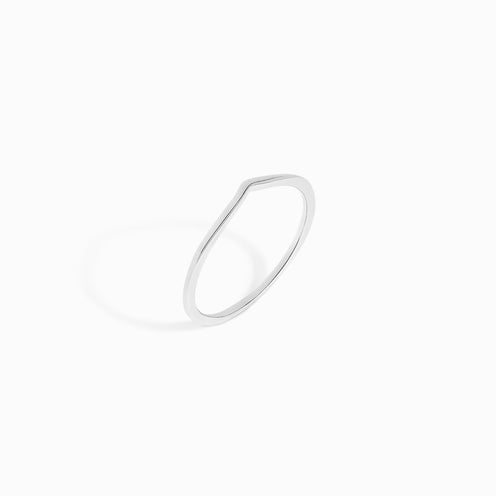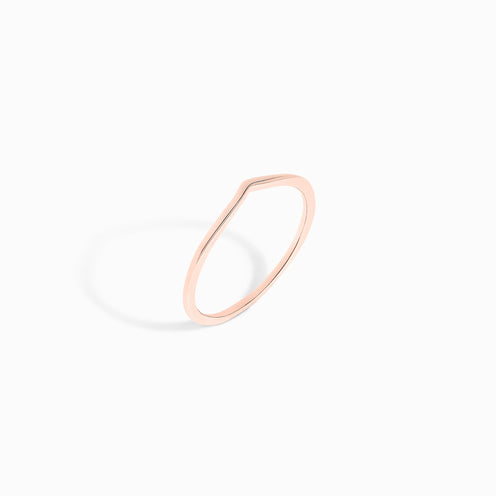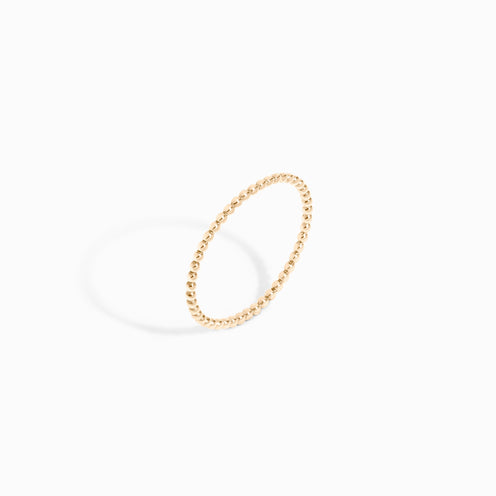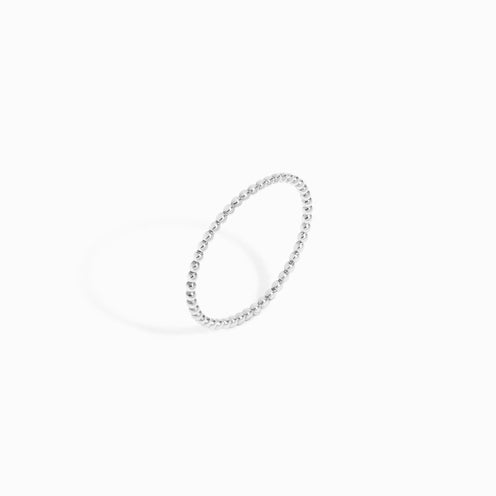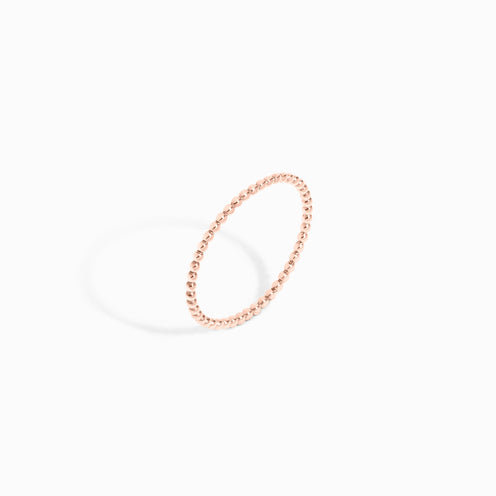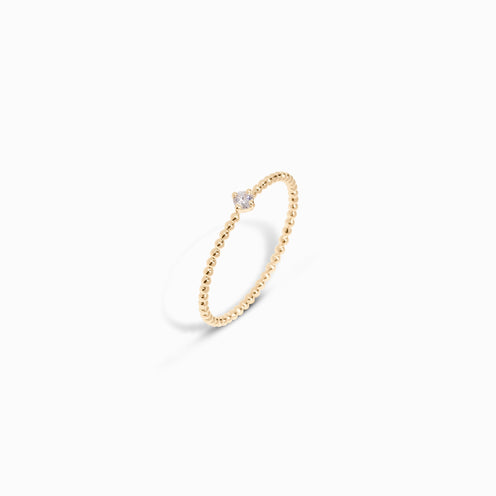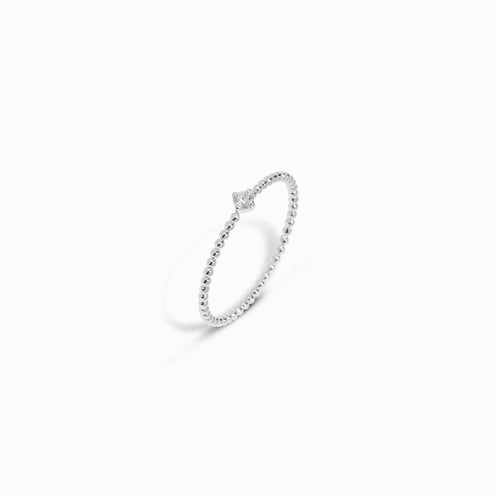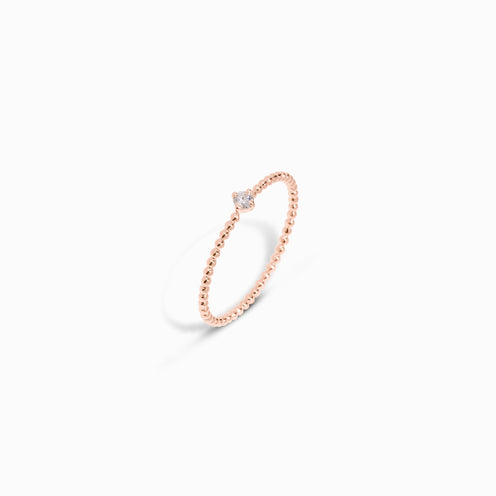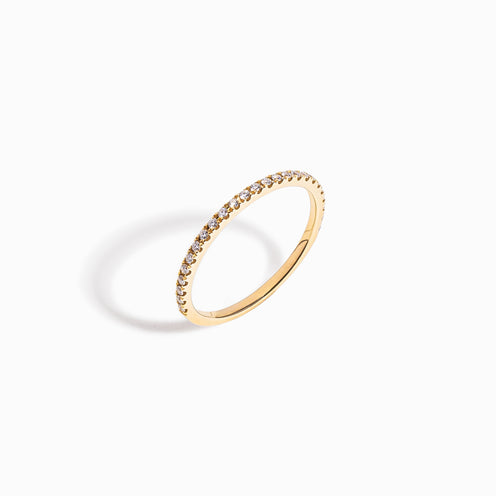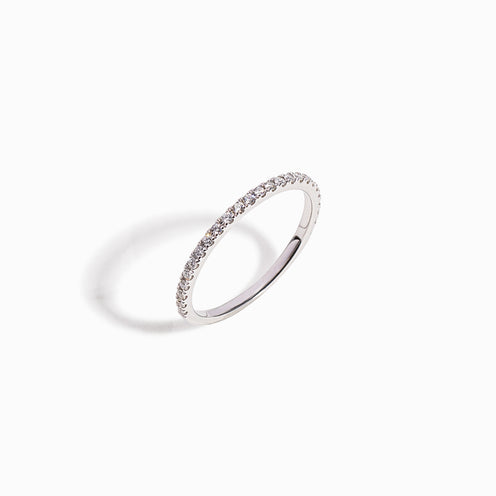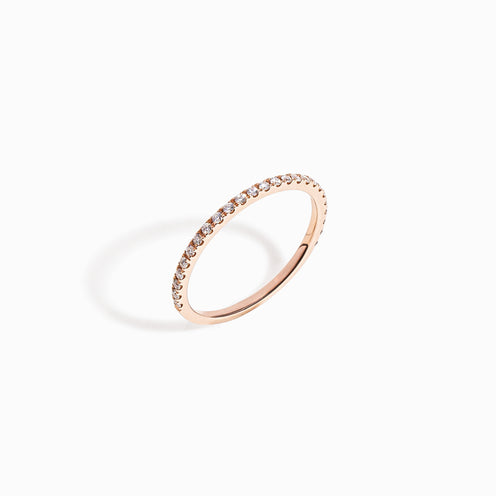
Left to Right: Dôme Signet Ring, Slim Signet Ring, Spiral Ring
Are you one to jump in the shower, pool or ocean fully bejewelled, or do you make it a point to take off every piece of jewellery before diving in? Let's be honest, removing jewellery every time you encounter water isn't ideal, especially if you love a good ring stack like us (will we ever get to go more than ten minutes without washing our hands?). Plus, there's always the risk of accidentally losing your favourite fines if you're constantly having to take them off!
So the question is, is it really necessary to keep your jewels out of water or is there some elbow room? While keeping your jewellery dry and away from harsh elements is one of the best ways to preserve its lifespan and lustre, some types are more resilient than others and can even be water-resistant. Here are the top do's and don'ts of getting your jewellery wet:
DO relax when it comes to your solid gold fines
Solid gold will always be your best bet if you don't want to worry much about your jewellery in water. Known as a noble precious metals, it's considered one of the most durable metals as it doesn't oxidise or react with elements like water and moisture. This means it won't corrode, rust or change colour like many other metals do.
At Nyrelle, our solid gold fines are made of 9K gold (37.5% pure gold) and 18K gold (75% pure gold), meaning that they're more than capable of withstanding water. So, go for solid gold if you're keen to keep your jewellery on no matter how many bubble baths you're in the mood for.
DO be careful in the pool or ocean
When it comes to swimming in the pool or ocean with your jewellery on, things aren't so simple. Your solid gold fines will still be able to withstand chlorinated pool water or sea water, but it's always a good idea to give them a quick rinse in fresh water post dip to get rid of any salt or chemicals and to preserve their shine.
Avoid wearing sterling silver – especially in the pool as the chlorine will tarnish it easily – and definitely don't wear anything gold-plated. Both salt and chlorine can erode the plating, leaving your jewellery looking discoloured or uneven.
But aside from ruining your jewellery in the pool or sea, there's also the risk of losing them. Your hands tend to shrink ever so slightly in cold water, so be careful as any rings you have on can easily slip off.
DON'T get anything gold plated wet
As mentioned above, gold plated jewellery is not as resilient as solid gold or silver. More often than not, the plating is super thin; any prolonged exposure to water or moisture can easily break down this plating causing it to fade unevenly. Plus, the base metals of plated jewellery usually range from copper to bronze or brass, and unfortunately these types of metals will oxidise and turn your skin green when they come into contact with water!
If you're a fan of gold plated jewellery and you're still eager to take a dip with it, we recommend going for gold vermeil. This type of gold plating is much thicker and therefore more durable than regular plated jewellery. The outer coating of gold needs to be at least 10K in purity and 2.5 microns thick. (Psst... our own vermeil jewellery is coated in 18K solid gold that's 5 microns thick (double the industry standard!)
At the end of the day, no metal is 100% waterproof and too much water over time can leave your jewellery looking lacklustre. The good news is you can always get them professionally re-polished or re-plated, so you don't have to worry about it too much – just stick to solid gold over others, if you can, and be mindful of how often you're exposing them to water, especially if they're valuable or sentimental!
Open Circle Diamond & Bar Lariat Necklace / 9K and 18K Solid Gold
Solid gold
$447 USD
$447 USD
$447 USD
Freshwater Pearl & Bezel-Set Diamond Lariat Necklace / 9K and 18K Solid Gold
